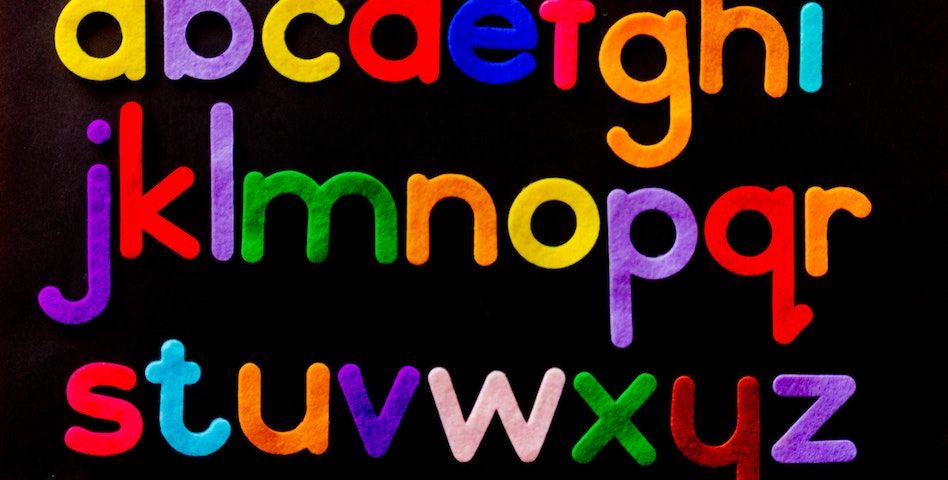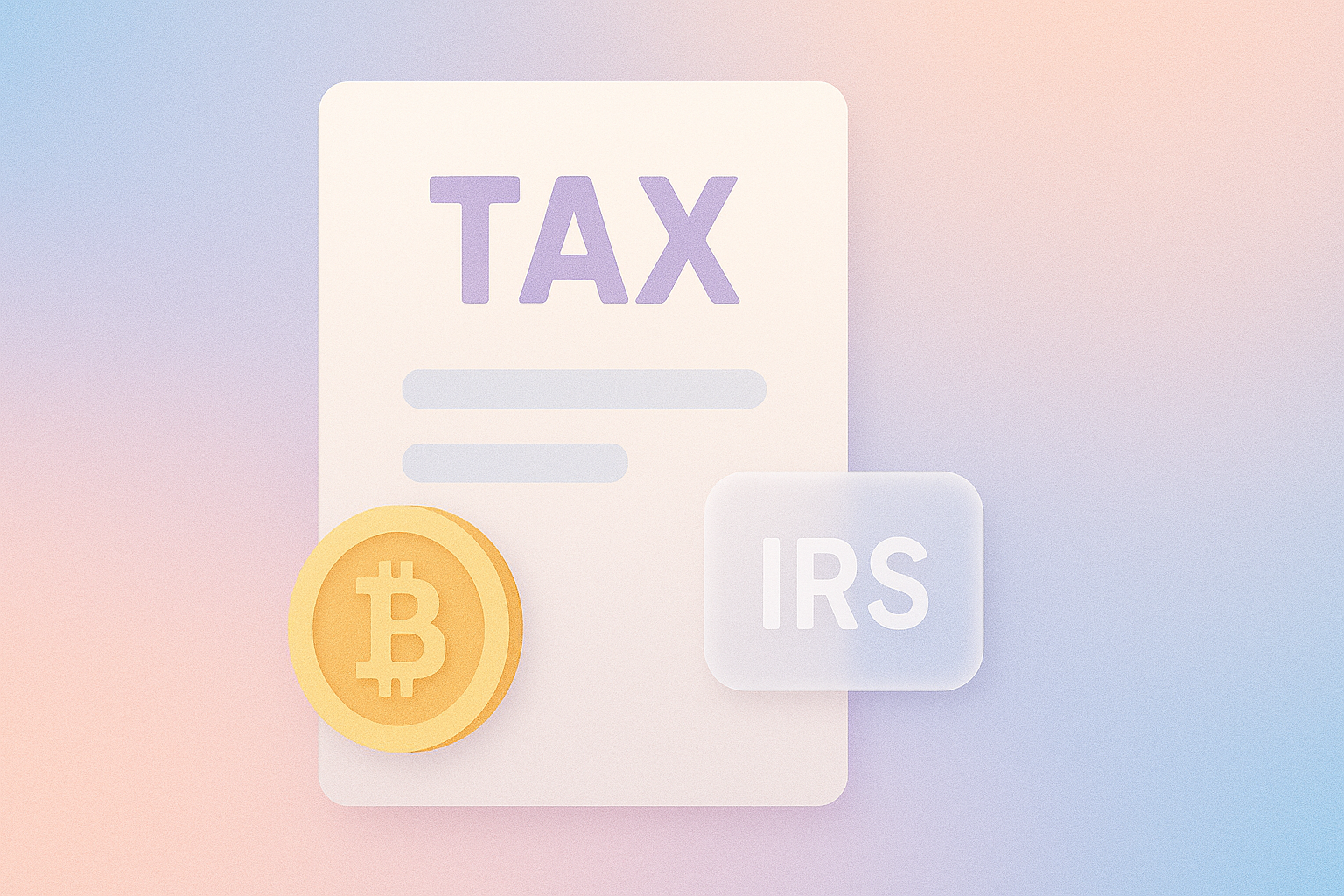The world is becoming increasingly interconnected, and the ability to communicate with people from different countries and cultures is essential. One way to achieve this is by learning multiple languages. Being multi-lingual has many benefits, both personal and professional. In this article, we will explore why languages must be learned and the advantages of being multi-lingual.
Why Languages Must be Learned
Language is the primary means of communication, and it connects people from all over the world. It is the basis for social interaction, and it helps us understand and appreciate other cultures. Therefore, learning a language is not just a matter of convenience; it is a necessity for anyone who wants to engage with the world in a meaningful way.
For professionals, learning a language can open up opportunities for career advancement. It can help to secure jobs in multinational corporations and government agencies, where knowing a second language is a requirement. It can also lead to better communication with colleagues and clients, making it easier to establish strong relationships and conduct business effectively.

For students, learning a language can broaden their horizons and provide them with new perspectives on the world. It can help to prepare them for studying abroad or traveling to foreign countries. It can also enhance their academic performance by improving their cognitive skills, such as problem-solving and memory retention.
For anyone, learning a language can be a fun and rewarding experience. It can help to break down cultural barriers, promote understanding, and create new connections with people from diverse backgrounds. It can also provide a sense of personal accomplishment and self-improvement.
Advantages of Being Multi-Lingual
Being multi-lingual has many advantages, both personally and professionally. Here are some of the most significant benefits of speaking multiple languages:
Increased Job Opportunities
As previously mentioned, knowing a second language can open up new career opportunities. It can make you more marketable to potential employers and increase your chances of being hired for a specific job. For example, if you are fluent in Spanish, you may be able to work in a job that requires communication with Spanish-speaking clients or customers.
Improved Communication Skills
Being multi-lingual can improve your communication skills in your native language as well. Learning a second language can enhance your listening, speaking, and writing abilities, making it easier to communicate effectively with others. It can also help you to develop a better understanding of the nuances of language, including idioms, slang, and cultural references.
Cultural Awareness
Learning a language is an excellent way to become more culturally aware. It can help you to understand and appreciate different cultures, traditions, and beliefs. This can lead to greater empathy and tolerance towards others, which is essential in today's increasingly diverse society.

Travel Opportunities
Knowing a second language can enhance your travel experience by allowing you to communicate with locals more effectively. It can also help you to navigate new environments and gain a deeper understanding of the culture and history of the places you visit.
Cognitive Benefits
Studies have shown that being multi-lingual can have cognitive benefits, such as improved memory, problem-solving, and decision-making skills. It can also help to delay the onset of dementia and other age-related cognitive decline.
Rosetta Stone: An Effective Way to Learn Languages
Learning a language can be challenging, but it can also be a fun and rewarding experience. One effective way to learn a new language is through Rosetta Stone, a language-learning option that uses immersive technology to teach languages in a natural, intuitive way. Rosetta Stone offers many language learning options, including Spanish, French, Mandarin, and Arabic.
Rosetta Stone's language-learning software uses a variety of tools and techniques to teach languages, such as interactive lessons, speech recognition technology, and live tutoring sessions with
Some Tips and Tricks
Certainly, here are some tips and tricks for those who are interested in becoming multi-lingual:
Start with a language that interests you
Learning a new language can be challenging, so it's important to choose a language that you are genuinely interested in. This will make the learning process more enjoyable and engaging.
Practice regularly
Consistency is key when it comes to learning a new language. Try to practice a little bit every day, even if it's just for a few minutes. This will help you to build your vocabulary and improve your language skills over time.

Immerse yourself in the language
One of the best ways to learn a new language is to immerse yourself in it. This can be done by watching TV shows and movies in the target language, listening to podcasts or music, and reading books or articles. Surrounding yourself with the language can help you to become more comfortable with it and improve your comprehension skills.
Find a language exchange partner
A language exchange partner is someone who speaks the language you are learning and is interested in learning your native language. You can practice speaking with each other, which can help to improve your fluency and confidence in the language.
Final Words
In conclusion, being multi-lingual has many benefits and is becoming increasingly important in today's globalized world. Learning a language can open up new career opportunities, improve communication skills, increase cultural awareness, provide travel opportunities, and have cognitive benefits. With the help of language-learning options like Rosetta Stone and some tips and tricks, anyone can become multi-lingual and reap the rewards of speaking multiple languages.




